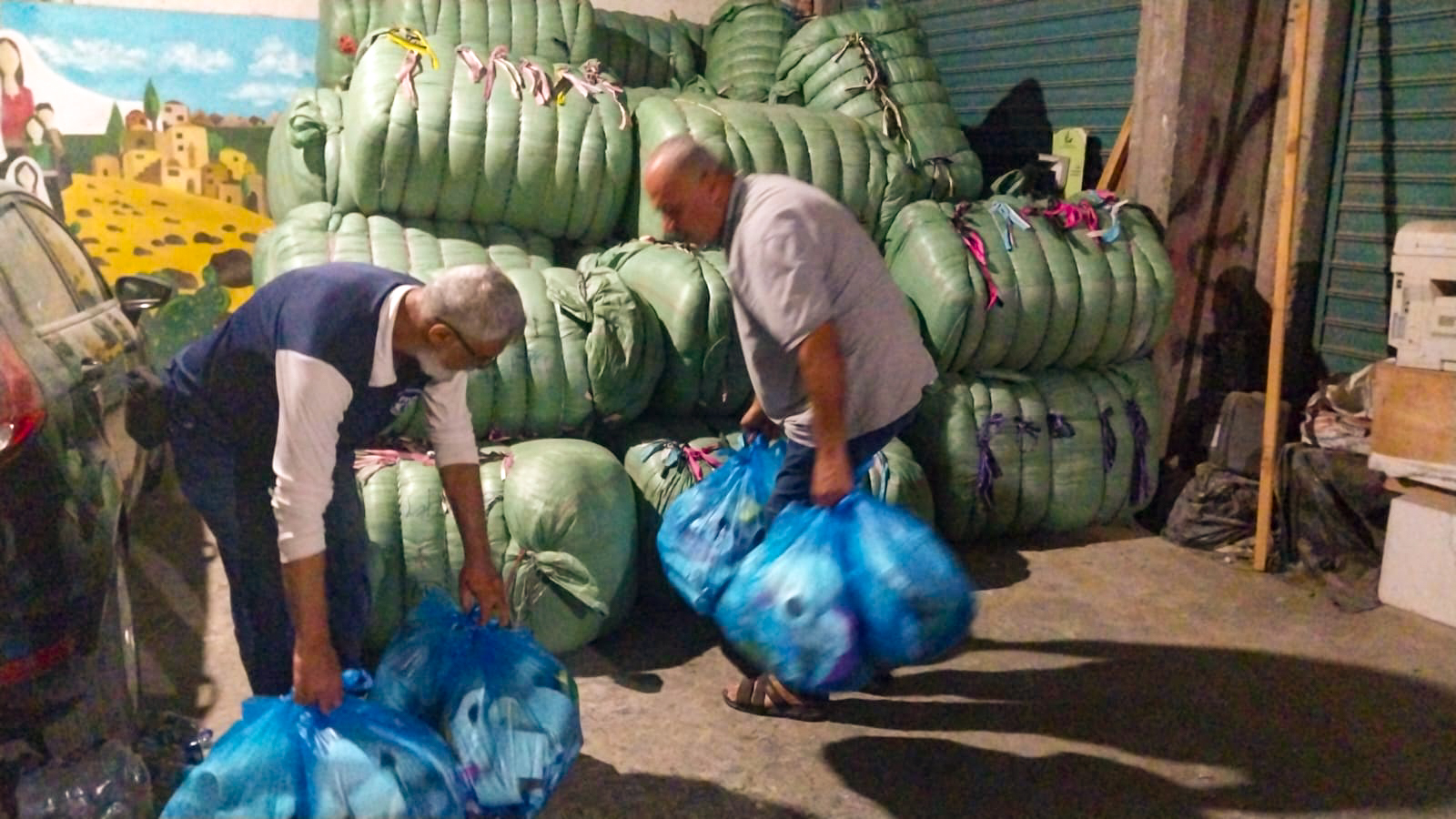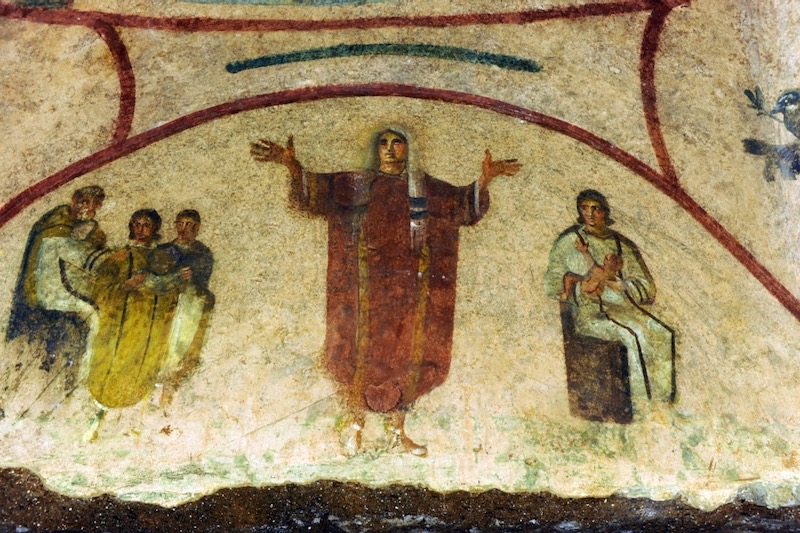“We are still hopeful, but not particularly optimistic.” This was the response of the campaign group, Catholic Women’s Ordination, to the first synodal meeting in Rome.
During the synodal process, Church leadership heard Catholics everywhere express a strong desire to see women recognised for their vocations to ministry and for the priestly work they do in parishes everywhere. In so many of our churches, it is women preparing families for baptisms, marriages and funerals and, in the absence of a male priest, they conduct Communion services on a Sunday. Women are chaplains in hospitals where they care for the sick and the dying, but must call for a male priest to administer the last rites or hear confession. This glaring and illogical injustice can no longer be ignored.
And yet, the topic of women priests was banned at the Synod. Instead, after one month of discussions and constant edits, the summary document’s paragraph on the female diaconate (a question that was allowed) was a watered down, vague statement about the need for further study. If yet another study were to be taken up, this would be the third go-around in seven years to examine the case to restore the women’s diaconate. We have to ask, how much longer can this possibly take?
The vocation to be a deacon is undoubtedly a valid calling for those who do not want the responsibility of running a parish or holding other roles of responsibility in the leadership of the Church. CWO is hopeful that this ministry will soon be opened up for women who feel called to serve as a deacon, the way Catholic men can now. But a Deacon cannot celebrate mass or consecrate the Eucharist, the central sacrament of Catholicism, the heart of church life and of which parishes are in desperate need. The lack of priests has reached a critical stage and most clergy are now exhausted and overworked. The Church hierarchy is excluding a group of willing and able women workers who have the skills and experience to officiate today.
Our ambivalence about the possibility of women deacons also stems from the fear it would entail “bolting us on” to current hierarchical structures in a way that limits the vocations of women and continues to render them as inferior to men. The post-synodal signs point to the desire of the Church hierarchy to create a lay ministry of women deacons that strictly rules out ordination. This would mean women won’t be sacramentally recognised as having a commitment to a life of ministry. CWO is concerned women would therefore not qualify to receive the same training as male deacons and would lack formal confirmation of a permanent role within parishes. We suspect that female lay deacons’ ability to preside at baptisms, weddings and funerals would always be subject to the goodwill and whims of local priests and bishops.
This continued restriction of the Sacrament of Holy Orders to men only (“permanent” deacons included) is a blatant discrimination that has no basis in tradition or theology. There is overwhelming evidence that women were sacramentally ordained as deacons in the early church. To allow this tradition to be denied would be to pander to the prejudicial desire to ensure that no woman will ever be recognised as the peer of a man.
We often hear that the body of evidence proving women were deacons means this is the only ministry women can claim to hold. But this is mistaken. Christ instituted an equal baptism for women and men, indicating openness to all sacraments including ordination. And at the Last Supper, women were present when Jesus said: “Do this in memory of me.” When Jesus sent out his apostles and disciples, he blessed them – men and women – with his authority for their mission. Whatever men did in the early Church, women did too, as equals and not subordinates. It was only in the fourth century that we first see a separate hierarchical rank of ordained male priests when the Roman culture of excluding women from leadership roles took hold. And so, for as long as priesthood exists as a role and a requirement to run parishes, administer all sacraments and participate in decision-making about how the Catholic Church is run and what it teaches, women can and must be among their number.
We welcome Synod discussions about tackling what Pope Francis calls “the scourge of clericalism”. But those opposed to any ministry for women are increasingly using this term to position women’s vocations in a negative light. To associate women’s genuine call to ministry with abuse of power and suggest that their ministry would be corrupt before it even starts, is a judgment never levelled at men who claim a vocation to priesthood. Those who claim concern about clericalism should note that this affliction often arises when priests believe they are a superior caste of men, because no woman can ever be their peer. And so, the most effective way to diminish clericalism and start to reform the priesthood would be to restore women to ministry alongside men as their equals.
CWO envisages flourishing, inclusive, active Eucharistic communities, where women will be ordained to sacramental and pastoral care. We are confident that the Synod’s lack of meaningful commitments to act on equality will galvanise Catholics to demand their local dioceses have further listening sessions. This would increase the pressure on the Vatican to not only give the illusion of inclusion with vague references to study women but actively to include women in the leadership structure of the church. Our hierarchy needs to act now because the very future of our church is at stake. Any further delay only exacerbates the pastoral crises that leave the dying neglected, the vulnerable with no support, and parishes adrift. These communities are desperate for priestly service and leadership – the very care that women are already offering and are ready to give more fully.
Miriam Duignan is Executive Director of the Wijngaards Institute for Catholic Research which is dedicated to bringing about reform in the Catholic Church via educational websites as well as multi-disciplinary reports by academics on the most disputed areas of church teaching. Miriam was born in England to Irish parents, educated by Dominican nuns and completed post graduate studies at the Jesuit School of Theology in Berkeley, California.



 Loading ...
Loading ...
What do you think?
You can post as a subscriber user ...
User comments (0)